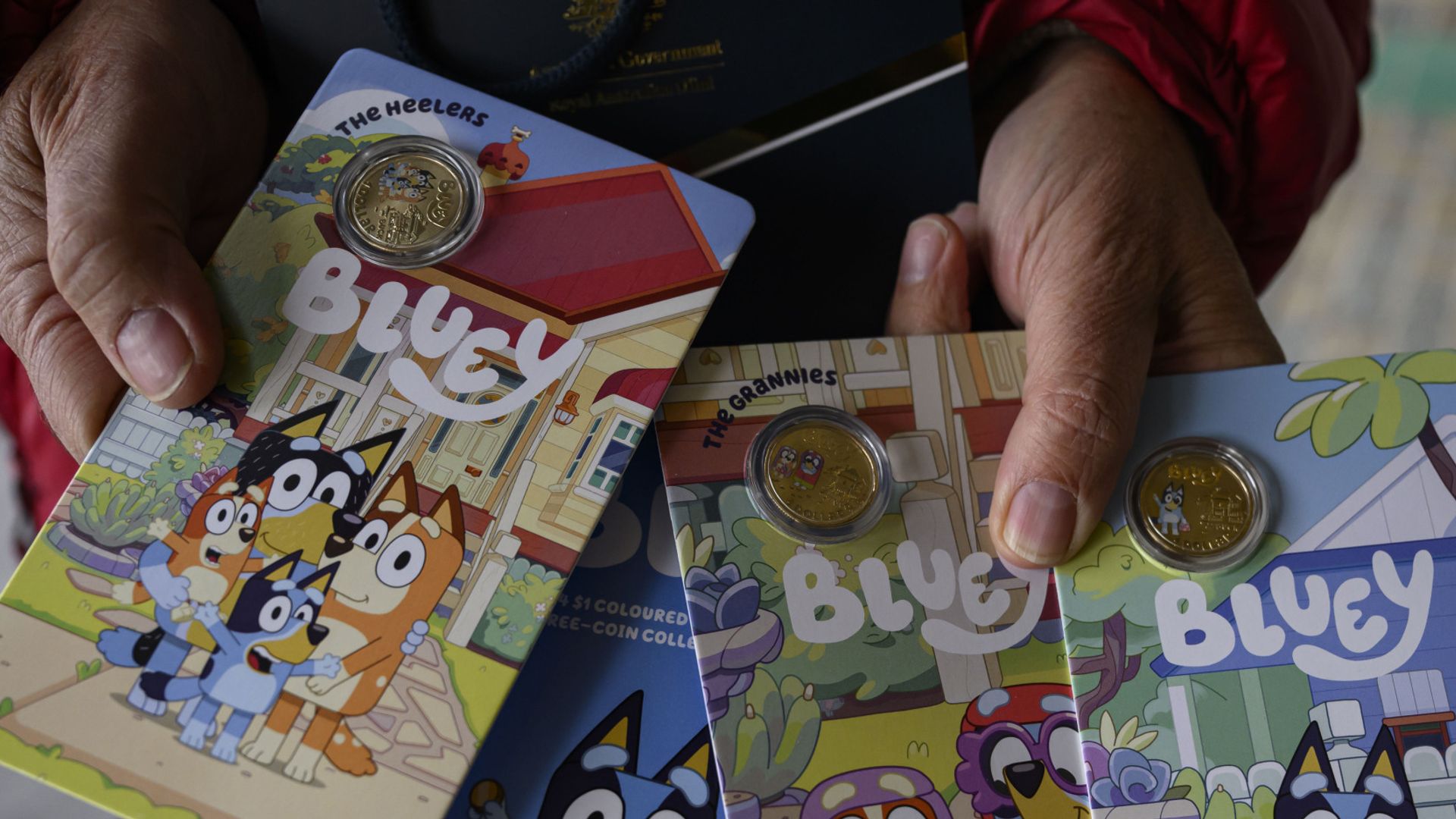
The BDN Editorial Board operates independently from the newsroom, and does not set policies or contribute to reporting or editing articles elsewhere in the newspaper or on bangordailynews.com.
Gaza is on the brink of famine. At a holy time of fasting, prayer and reflection, an entire population is starving. Over 30,000 Palestinians have been killed in Israel’s response to the Oct. 7 terrorist attack carried out by Hamas.
That horrific attack has only ushered in more horror, especially for the Palestinian people.
In Israel, families mourn the approximately 1,200 lives lost on Oct. 7 and continue to wait in agony for the return of the 130 hostages still held by Hamas or left unaccounted for.
The people on both sides of this conflict, caught between a terrorist organization and a government that has overreacted with tragic consequences, have paid a terrible price. Palestinian and Jewish civilians alike deserve to be with their loved ones in peace. That must be achieved, not through Israel’s misguided plan for a ground invasion in Rafah, but through a hard-wrought negotiated agreement.
In broad strokes, the U.S. outlined what should be the path to peace in a proposed United Nations Security Council resolution: Both Israel and Hamas should cease all hostilities and support diplomatic efforts to secure the release of all the hostages. That resolution was vetoed last week by China and Russia, but its general outline and aims must carry over to the ongoing negotiations in Qatar.
“Negotiators continue to work. The gaps are narrowing, and we’re continuing to push for an agreement in Doha,” U.S. Secretary of State Antony Blinken said last week in Egypt, as reported by Reuters. “There’s still difficult work to get there. But I continue to believe it’s possible.”
For the sake of Israeli hostages and Palestinian civilians, it must be possible. According to CNN, Blinken said that Hamas has failed to agree to “a strong proposal on the table,” and they must stay at the table to work things out. If Hamas truly cares about the people it claims to be fighting for, the group will take this opportunity to cease the bloodshed and suffering.
On Monday the United Nations Security Council passed a resolution, which the U.S. abstained from but did not veto, calling for an immediate cease-fire during the month of Ramadan, the “immediate and unconditional release of all hostages” and the expansion of humanitarian aid to civilians in Gaza. This should be the framework for a sustained peace.
It should be clear now to the Israeli government led by Prime Minister Benjamin Netanyahu that waging war this way on Hamas — and by extension, the civilians that Hamas hides amongst — has not secured freedom for the hostages held by Hamas. The hostages must come home. The violence must stop and humanitarian aid must be bolstered. We don’t see that happening with more violence.
Israel is our friend and ally, and that must never change. Sometimes being a good friend means telling someone when they are wrong, and helping them toward a better resolution. That is the message we see in President Joe Biden’s increased pressure on Netanyahu’s government to avoid a Rafah ground assault without more protections for civilians, and to secure a cease-fire agreement. It is the right message.








